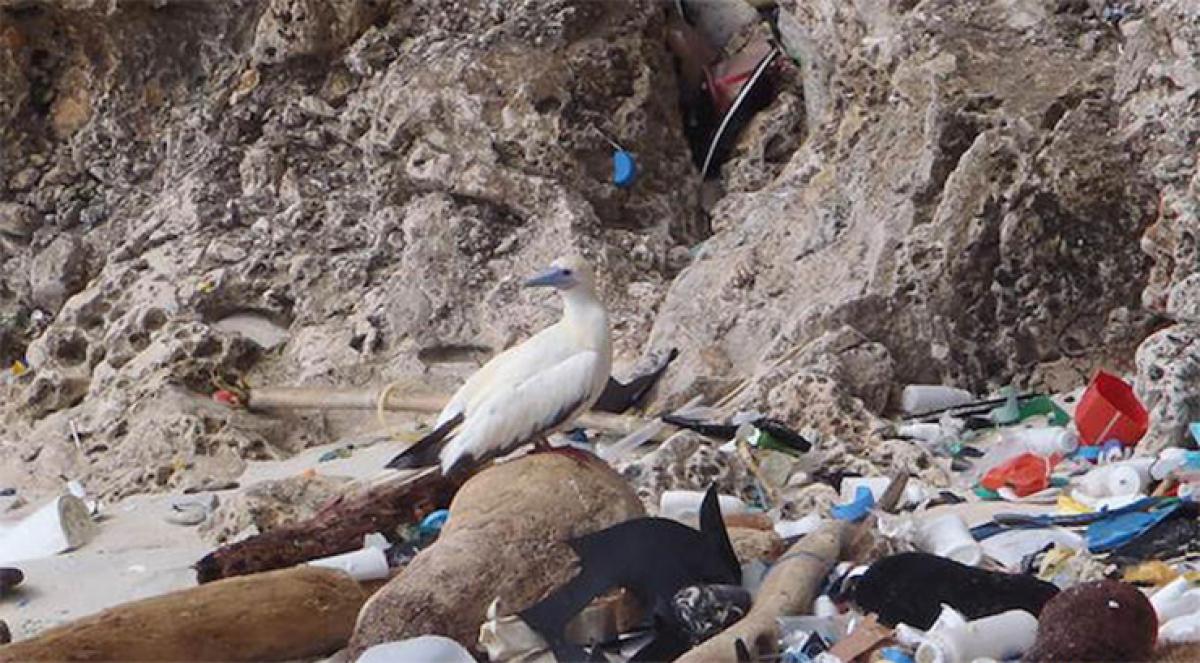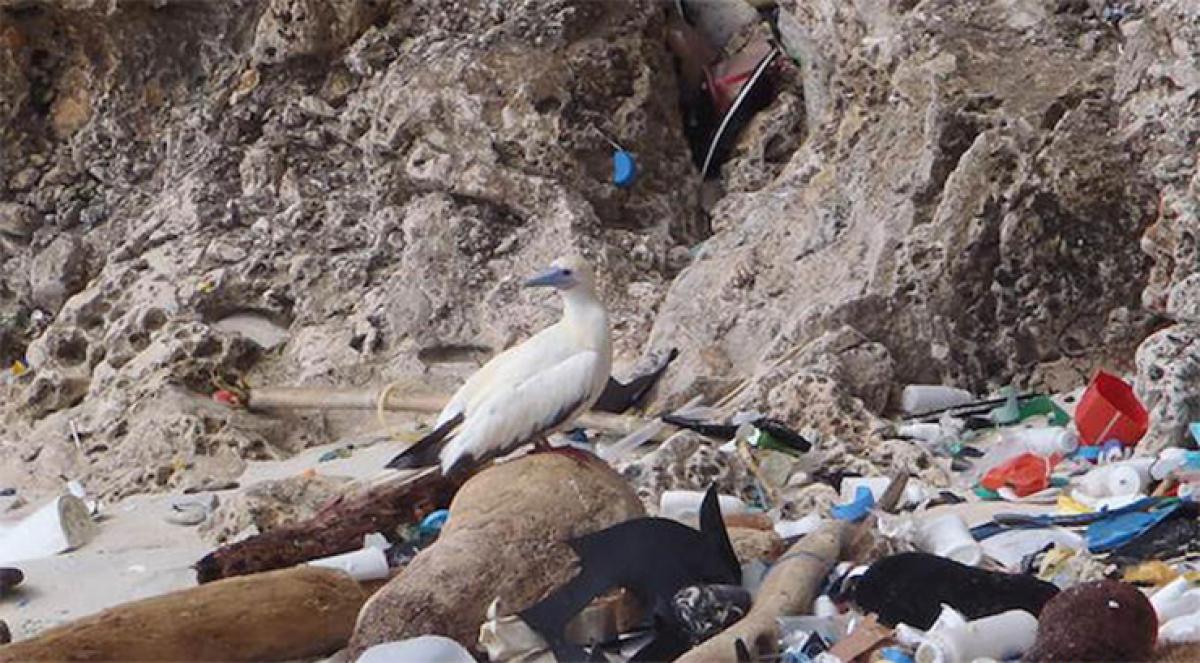Live
- BS Maqbool's son Akhil Ahmed Conducts Election Campaign in Support of YSR Congress Party
- World book and copyright day 2024: Celebrating reading and literature
- 30 Families from Udayagiri SC Colony Join YCP in Presence of Abhinav Reddy
- YSRCP MLA Candidate Gangula Brijendra Reddy (Nani) to File Nomination on 24th
- Visakha South NDA MLA Candidate to File Nomination Tomorrow
- Social Media Fame Aayushi Hits Milestone: Reaches 1.6 Million Followers on Instagram
- Alliance MP candidate files papers amid much fanfare
- Telangana: IMD predicts rain in various parts of State
- Rajinikanth unveils stylish avatar in Lokesh Kanagaraj’s ‘Coolie’ teaser
- Akbaruddin files papers as 'backup' for Asad from Hyderabad LS seat










